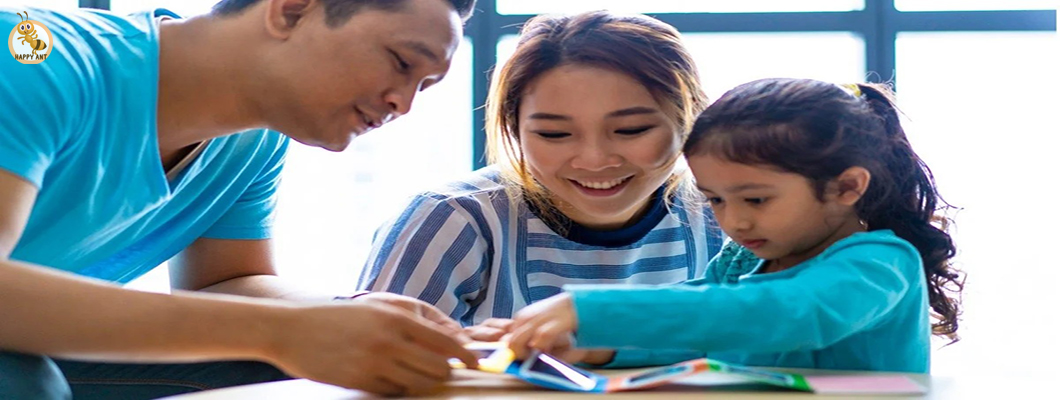
How to raise a bilingual child at home?
One of the biggest challenges of bilingual parents is how to raise a child bilingually. Most research reports that bilingual children have greater cognitive skills and social awareness than their monolingual peers.
The sooner you start learning the
language, the better. There is no age limit for starting a child. A useful tool
for teaching the language is Happy Ent's smart flash cards. If you see that the
child cannot speak both languages correctly at first, do not worry. Research
has shown that bilingualism does not lead to language delays at all. It is
normal for your child to merge languages at first. A monolingual child uses
other strategies such as using words like "this thing" or
"like". A bilingual child uses his other language to fill in the
gaps. Sometimes bilingual children start speaking later. Experts say that this
delay is temporary and the advantage of knowing two languages is greater than
its few disadvantages.
The problems of a child being bilingual
Everything is going well and suddenly
parents find it very challenging to maintain their child's bilingualism. This
often happens when your child starts school. Here are some tips to overcome
this problem:
don't give up
This phenomenon is normal and happens a lot with the minority language, especially when the child starts school. Don't worry, your child is just trying to create his own identity. They try to fit in with others. Maybe a (flexible) rule like speaking the minority language at certain times of the day or different places in the house would be helpful.
Being bilingual is valuable
A strong partnership between both
parents is essential in maintaining bilingualism. This does not mean that both
parents must speak fluently. This means that both of you should value the
language spoken at home.
Encourage your child
Both parents should encourage the child in his "bilingualism"
but not directly. It is very important to encourage your child and understand
what it means to be bilingual. You have to remember that although bilingualism
is common, the world still sees it as an exception and if your child attends a
mainstream school, they will be seen as different because of being bilingual.
motivating
It is important for the child to understand that the minority language is spoken in other places, not just at home. They need to see that many people speak their own language, not just their mother or father. If children can communicate and play in their own language, they understand the need to speak the minority language. Having friends around or enrolling your child in a playgroup where the minority language is spoken will really help. We suggest you to study How to Treat a Bilingual kid article.
common mistakes of parents in raising a bilingual child
Raising bilingual children is
difficult and there are some common mistakes you should avoid if you want your
child to be confident in their language. Here are some mistakes to avoid:
to make fun of
Your child will face many mistakes and sometimes it will be very hard
not to laugh at them. However, children are very sensitive and you should be
careful not to discourage them. Children need to be reassured and admired, not
ridiculed.
Correct mistakes
While correcting children is
important, you must be careful not to destroy their self-confidence. Children
who are overcorrected in their second language are reluctant to speak for fear
of saying the wrong thing. One way to correct your child is to just say what he
said nicely so that he hears it the right way and not to praise him as much as
possible.
Testing
Learning a language should be fun. Children should not be tested
regularly. If they feel they are being evaluated and judged, they will no
longer want to engage in language.
being inflexible
You have to be firm but also flexible.
Speaking a second language should not be a problem for your child. Try to make
it as natural and fun as possible or it will become a struggle for everyone in
the family, especially as your child gets older.
Result
Language is not only a tool used to communicate but also an important symbol that shows you belong to a certain group. It is part of your identity. When a child enters school, he has to fit in with others. This is why children try to adapt to the country they live in and sometimes refuse to speak the language spoken at home.
The reaction of some professionals can
jeopardize the language development of a bilingual child. In fact, some
professionals (teachers, speech therapists, etc.) may encourage a bilingual
child with a speech delay to abandon his language in order to make the most of
the school language. These professionals have no knowledge of the fact that the
child already has language.
References
thebilingualadvantage

Leave a Comment